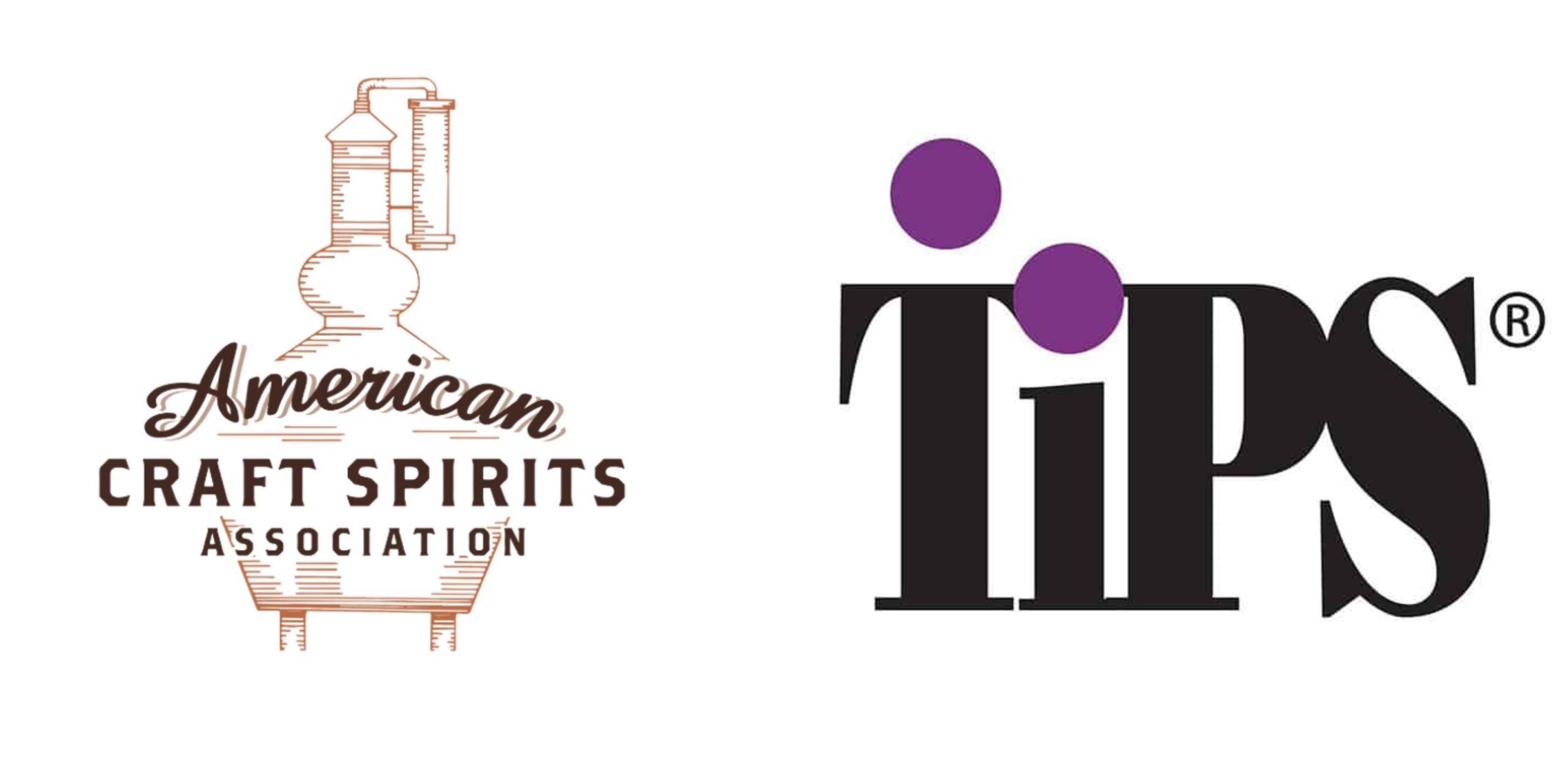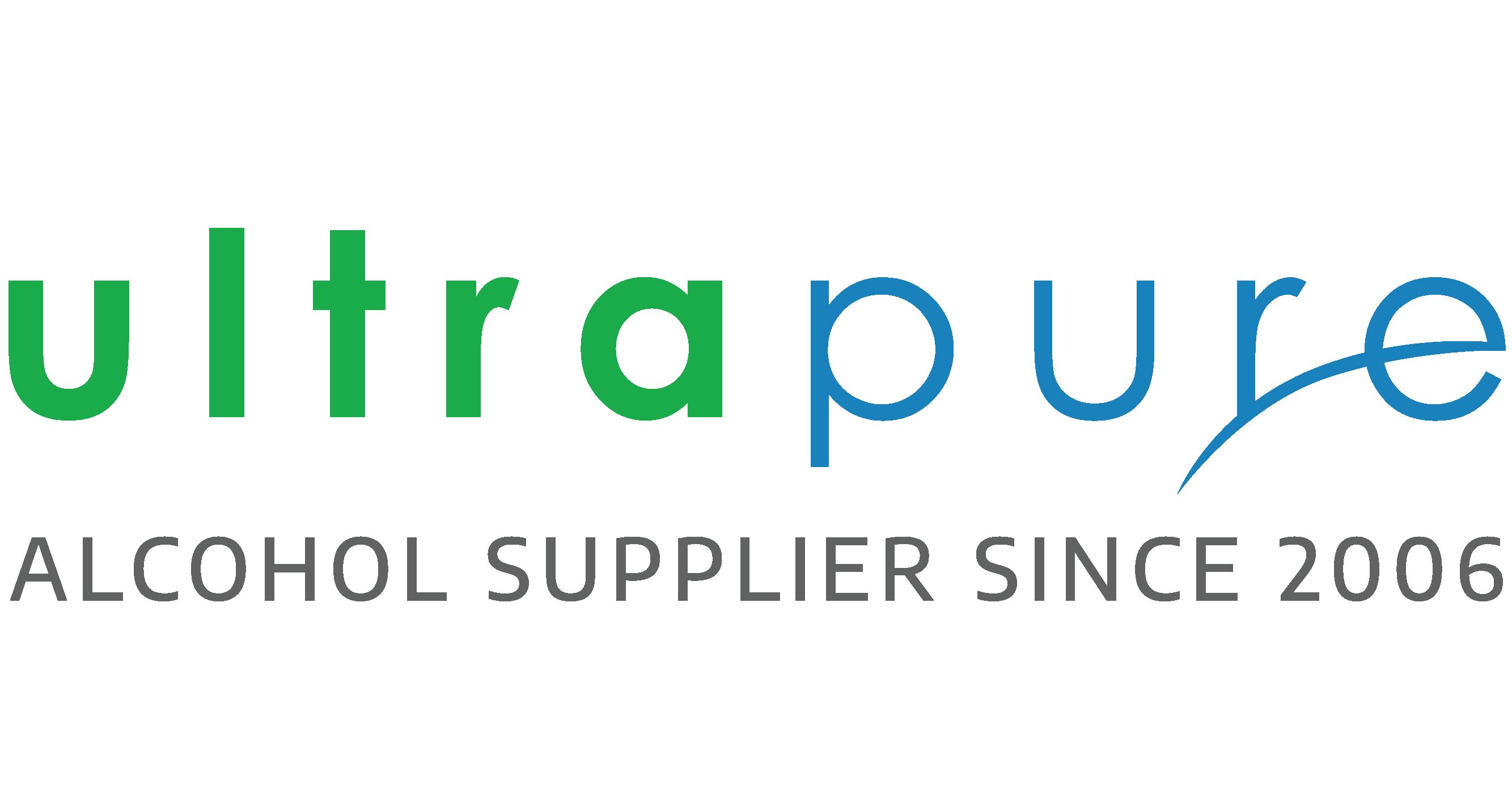More than 200 distillers from nearly every U.S. state connected virtually with federal lawmakers and regulators today during the spirits industry’s annual Public Policy Conference, jointly hosted by the American Craft Spirits Association (ACSA) and the Distilled Spirits Council of the United States (DISCUS).
“Our industry has some of our biggest issues before us, but we know that when we join together, we’re stronger together and we can do big things,” DISCUS President and CEO Chris Swonger told attendees as he kicked off the day’s events.
One major result of the spirits industry’s united advocacy efforts was the permanent reduction of the federal excise tax (FET), signed into law at the end of 2020, after a years-long push for passage of the Craft Beverage Modernization and Tax Reform Act (CBMTRA).
“This is the opportunity to share the importance of your business, how you matter in the communities in which you live, and highlight the jobs you create,” said ACSA CEO Margie A.S. Lehrman at the start of the Public Policy Conference, noting that those jobs go well beyond the spirits industry itself and into allied industries like agriculture and hospitality.
Throughout the course of more than 120 virtual meetings with lawmakers, craft spirits producers addressed issues important to the distilled spirits sector, including two major priorities:
• The Distilled Spirits Industry’s Positive Economic Impact
Participants in the virtual Capitol Hill climb highlighted the benefits that spirits producers provide for the U.S. economy. The more than 2,300 distilleries nationwide contribute to the vibrancy of the manufacturing, hospitality, tourism and agriculture industries. The economic activities of exporting, importing, and sale and distribution within the U.S. support about 1.7 million jobs. U.S. distilled spirits exports alone totaled $1.6 billion last year and distillers paid nearly $6.9 billion in FET.
• The United States Postal Service (USPS) Shipping Equity Act (H.R. 3287/S. 1663)
If passed, the bill would enable the USPS to ship beverage alcohol products where direct-to-consumer (DtC) shipping is permissible by law. DtC shipping serves as an important complement to the traditional three-tier system of beverage alcohol distribution and providing the DtC option through the Postal Service, where allowed, supports consumer choice and small distilleries. The bill also provides for regulations that will allow USPS to safely deliver beverage alcohol to adult consumers with the appropriate ID checks and verifications in place to prevent underage access. Additionally, enacting the USPS Shipping Equity Act could generate an estimated $190 million annually for the USPS.
Before the meetings with U.S. Senators and Representatives commenced, two of the spirits industry’s allies on Capitol Hill reaffirmed their support in separate pre-recorded messages. The first was from Rep. Dan Newhouse (R-WA), the lead House Republican Sponsor of the USPS Shipping Equity Act, who noted that spirits play a vital role in Washington State’s economy, supporting more than 32,000 jobs in the state.
“Distillers are facing supply chain disruptions and labor shortages and that’s why it’s imperative to work together in Congress to relieve the unnecessary regulatory burdens to ensure that they have an environment in which to thrive,” Newhouse said.
Newhouse called the USPS Shipping Equity Act “a common-sense solution to a problem facing so many small businesses” that ultimately will result in more beverage choices for consumers.
Attendees also heard from U.S. Sen. Gary Peters (D-MI), a co-sponsor of CBMTRA and last year’s American Rescue Plan, which provided federal funding for restaurants and bars (including distilleries), among those hardest hit by the pandemic.
“You all know better than anyone that starting a distillery takes a lot of time, effort and capital, and I’m pleased that the legislation I co-sponsored has been passed into law to permanently lower these taxes on businesses,” Peters said. “The pandemic reinforced that more needs to be done to support small- and medium-size businesses, particularly in the food industry, that provide a lifeline to families and local economies across our nation.”
The group also had the opportunity to get some clarity on the regulatory side of the federal government, thanks to a panel of officials from the U.S. Alcohol and Tobacco Tax and Trade Bureau (TTB). In a session moderated by Alex Castle, master distiller and senior vice president of Old Dominick Distillery (Memphis, Tenn.), members of TTB’s leadership team reiterated their commitment to enhancing the “TTB customer experience.”
“We’re looking to enhance your experience and your interface with TTB,” said Deputy TTB Administrator David Wulf. “We’re working to … keep down turnaround time for label approval and permits and, overall, streamline the online experience for all of you. On the tax and permit front, we’re looking to modernize and simplify the permit process.”
Wulf noted that TTB is targeting a 70% reduction in filing burdens and redundancies. He also touted improvements in processing turnaround times. Where it once took months to process a label approval or permit, it now takes “a few weeks.” Additionally, formula approval times have been reduced to about five days.
The agency’s “My TTB” initiative aims to create a one-stop-shop online portal that will enable distillers to access all of their accounts and conduct all of their TTB-related business in a single place.
On a lot of spirits producers’ minds was TTB’s proposed rulemaking that would add American single malt whiskey to the standards of identity for distilled spirits, following years of petitions and comments from distillers. TTB officials declined, during Wednesday’s session, to give a specific timeline on when the final rule would be published, as they have yet to review all of the industry comments related to it.
To close out the day’s federal advocacy activities, attendees gathered virtually for a final toast with some special guests.
Shannon Mustipher, author of “Tiki: Modern Tropical Cocktails,” winner of the Tales of the Cocktail Pioneer Award and inductee into the Dame Hall of Fame, led the evening’s toast. “I’d like to raise a glass to all of your efforts to improve conditions not only in the spirits industry, but in giving back to people who were affected by adverse circumstances,” Mustipher said. “I want to affirm that my life has been very positively impacted by being part of the spirits industry, and I think that’s true of a lot of people whether they know how to articulate it or not.”
ACSA and DISCUS also presented World Central Kitchen (WCK), founded in 2010 by chef José Andrés, with the inaugural Humanitarian Spirit Award for its work on the frontlines providing meals in response to humanitarian, climate and community crises.
Karen Peraza, WCK’s manager of corporate and foundation relations, accepted on behalf of the organization.
“What we do as food first responders,” Peraza said, “is be on the front lines with boots on the ground. … We buy local food and we work with the local community, including restaurants and chefs, cooking meals for the people who need it the most. … We don’t think we are just providing calories and nutrition, we truly, strongly believe that every plate of food we serve is providing a moment of comfort, hope and dignity.”
ACSA and DISCUS would like to thank our sponsors, whose generous support helped make the Public Policy Conference a success: Arryved, Five x 5 Solutions, Wine & Spirits Shippers Association Inc. and Thoroughbred Spirits Group.



